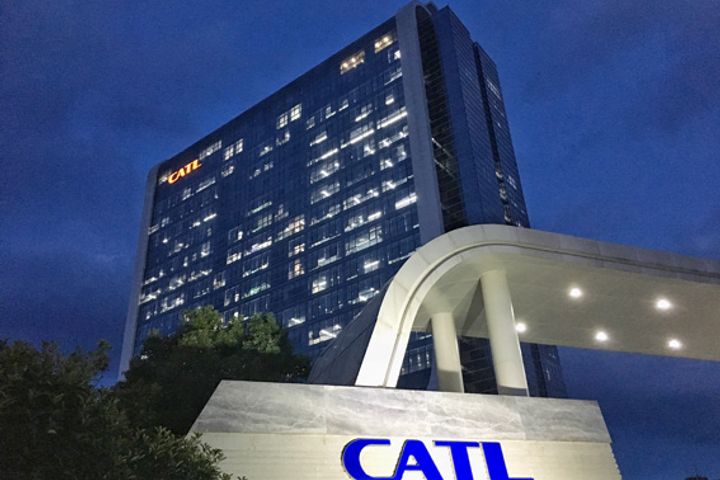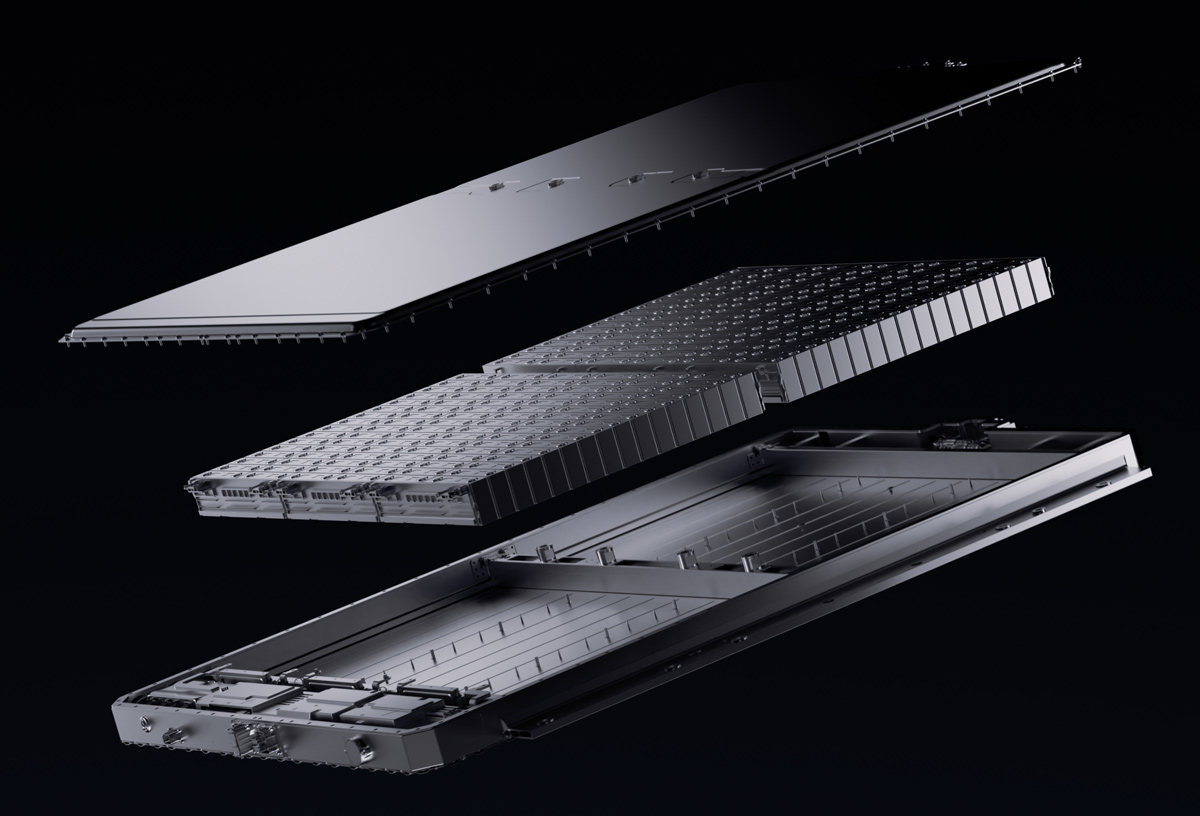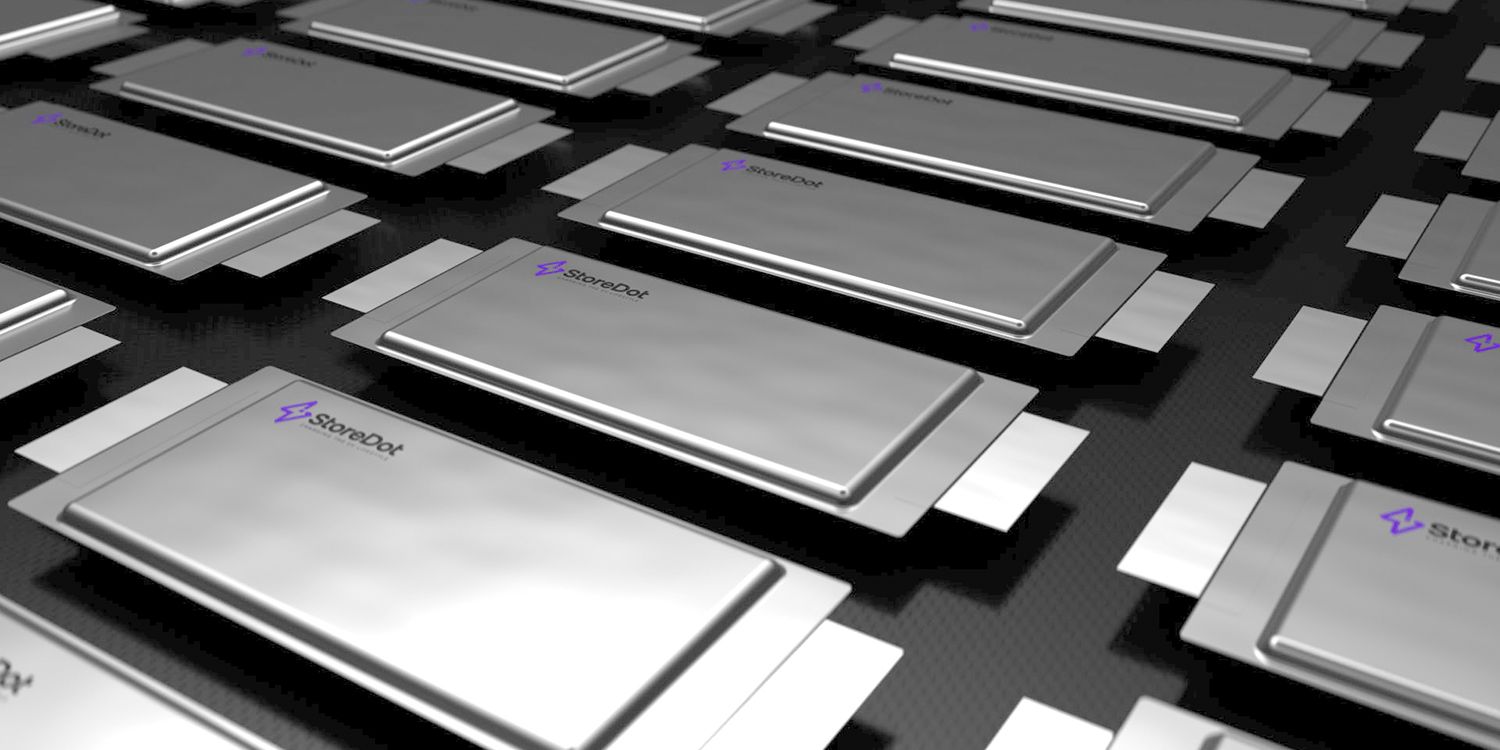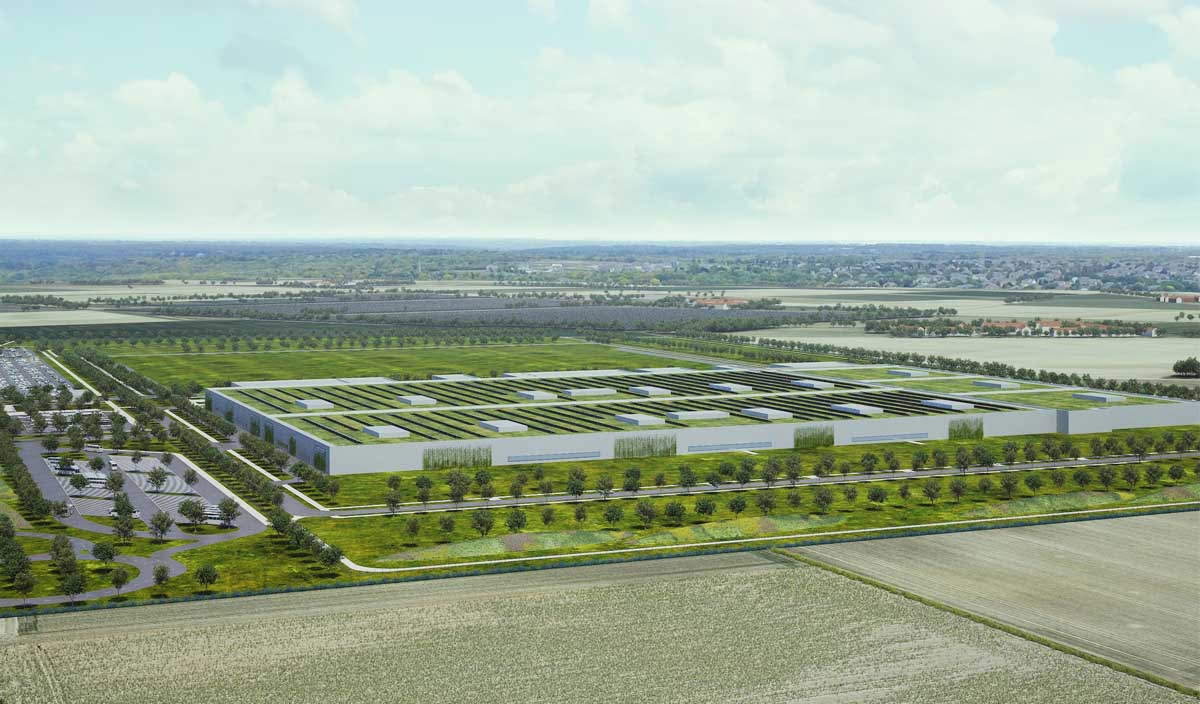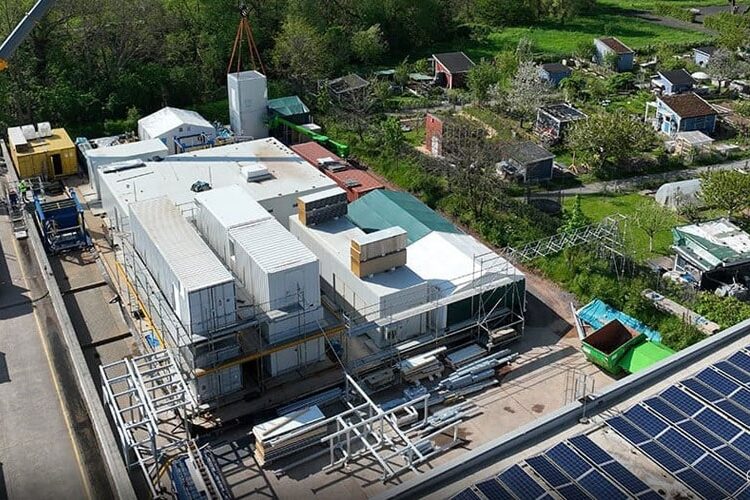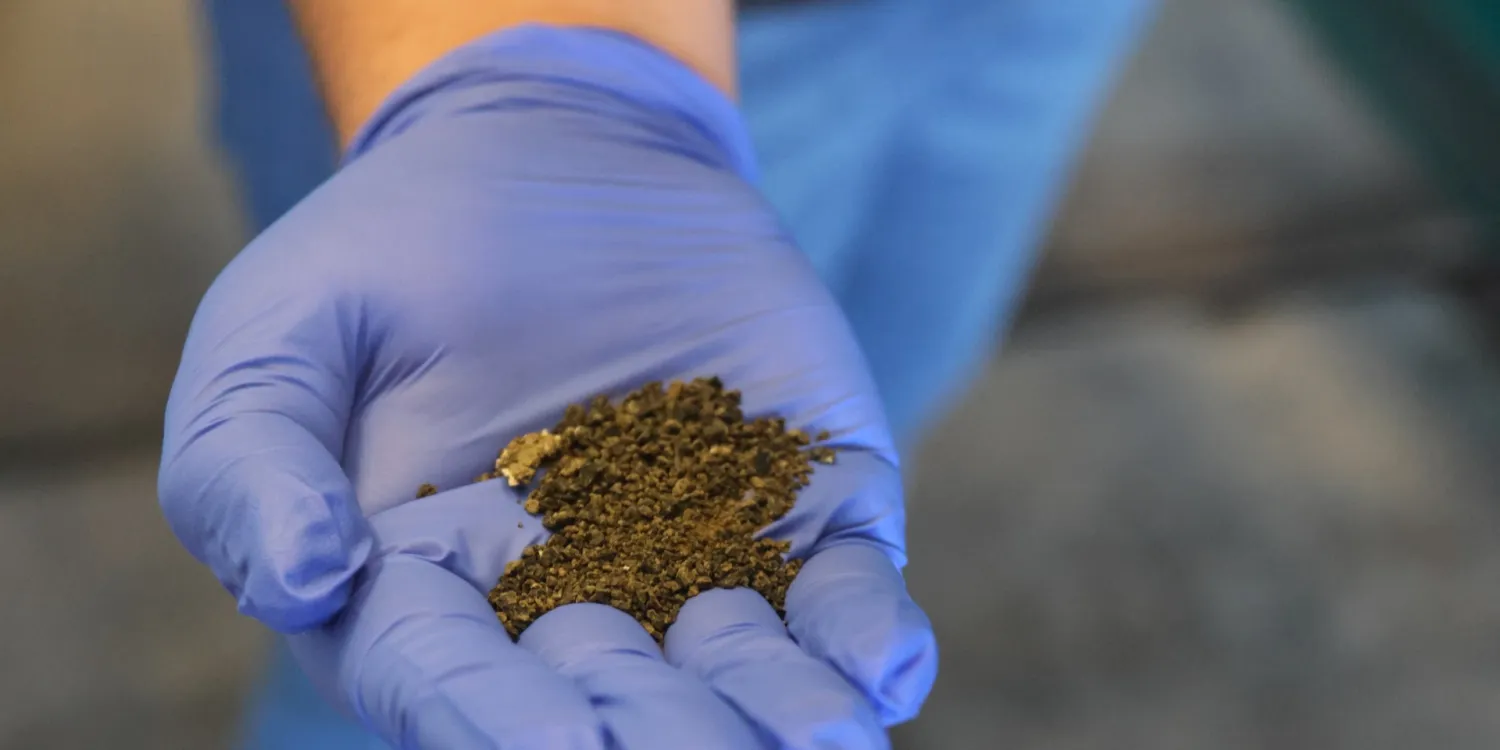Chinese battery manufacturer CATL is reportedly in discussions with General Motors (GM) to collaborate on building a lithium iron phosphate (LFP) battery plant in North America, similar to its partnership with Ford. According to a report from Chinese media outlet LatePost, the collaboration would involve an LRS (License Royalty Service) model tie-up.
Under this partnership, CATL and GM are planning to jointly construct the plant, with an annual capacity expected to be on par with the facility CATL is developing with Ford. The exact location of the plant is likely to be in the US or Mexico, as per the report.
Ford recently announced its own investment of $3.5 billion to establish an LFP battery plant in Marshall, Michigan. This plant, expected to commence production in 2026, will have an initial design capacity of about 35 GWh per year, supplying power packs for approximately 400,000 Ford EVs annually.
In the proposed partnership with GM, CATL’s role is expected to be similar to its collaboration with Ford. The company would provide technical and service support for the production of the LFP battery plant, while GM would be responsible for cell and vehicle integration.
The LRS model involves GM covering the capital expenditures for the plant, with CATL collecting patent license fees and service fees, but not taking a stake in the plant. This model allows CATL to reduce its capital expenditures for expanding into the North American market and take on less risk.
CATL’s partnership with GM comes amidst the US government’s Inflation Reduction Act (IRA), which includes a $7,500 tax credit for consumers purchasing qualifying EVs. This subsidy also extends to power cell manufacturers, provided that certain components are manufactured or assembled in North America.
China has recently filed a complaint with the World Trade Organization regarding the IRA EV stimulus, urging the US to correct what it deems discriminatory industrial policies.
CATL’s chairman, Robin Zeng, revealed in a media interview that the company is in talks with more than a dozen automotive companies in Europe and the US about technology licensing cooperation, indicating a broader strategy to expand its presence in these markets.

